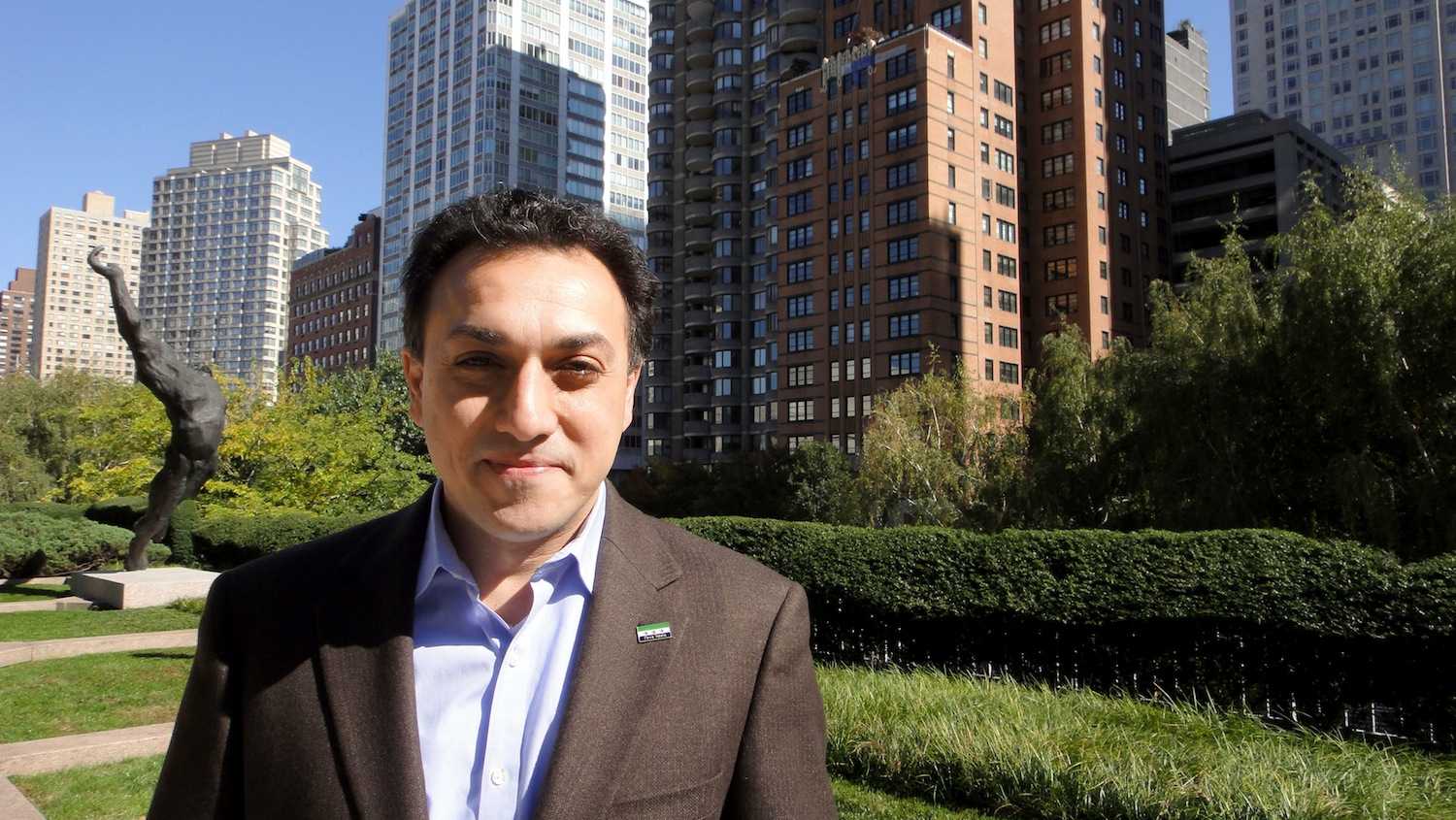Syrian Professor, Activist, Discusses Conflict in Home Country
October 19, 2011

The conflict in Syria, which began in March to overthrow the dictator, President Bashar al-Assad, is not losing any steam as protesters, taking a cue from Egyptians, crowd the streets and use the Internet to demand democratic freedom from an oppressive and brutal regime. At latest count, the fight for new leadership has cost more than 2,900 lives. While the debate continues at the United Nations as to whether foreign intervention will hurt or help the cause, human rights activists are demanding relief for those tortured and killed every day. The Observer spoke with Syrian-born Mohamed Alsiadi, coordinator of the Arabic Language and Cultural Studies program at Fordham, who is a leader in the American-Syrian support movement which seeks to aid peaceful protesters seeking political change in a nation filled with turmoil.
Observer: What is the main goal of the protest?
Mohamed Alsiadi:The primary objective is to topple Assad’s regime, which has always been oppressive and brutal but is much more so in the face of opposition. It’s also clear the people want an altogether new political system in Syria, one where they enjoy more basic rights we take for granted in America, like freedom of speech. The Syrian people dream of democracy. This dream was unfathomable to them in the past. But Syrians have been inspired by the resistance movement in Egypt. They began began connecting with one another, especially on Facebook and they’ve been learning from one another. Before March, there were a couple of people on Facebook in Syria. Now there are thousands, it really is an Internet phenomenon.
Observer: How did Wikileaks contribute to the protests?
M.A.: When people in Arab-speaking nations read the Wikileaks documents translated by Al Jazeera, they learned how their so-called leaders were betraying them. The American documents told of the corruption, oppression and apathy that prevailed in the governments of Arab-speaking nations and the documents named these leaders. Armed with the facts, people began to network and to take action. Those documents became a battle cry for social justice and freedom.
Observer: How influential do you think the Syrian National Council, who want to overthrow Assad, movement will be?
M.A.: The council is still in the infancy stage. Not all of us agree about who has been chosen to be on the council but we support it because the overall intention is right. I met with the leaders in Washington D.C. and I think their influence will depend on who they put out there to do the ground work. Those people will be key to success. And for them to succeed, those people will need to be flexible and will have to listen to diverse and competing political interests of the country, too.
Observer: What would help them be more effective?
M.A.: The council needs to consider having an office in the countries or in the cities with large populations of Syrians to garner support for the protests. They need to infiltrate the media—that is going to be a challenge. They need to be very organized about fundraising so it’s effective in supporting their goals. They also need to understand that with Syria it is not going to be days or months, this is going to be a long process.
Observer: Does the Syrian people’s desire for national independence require foreign intervention?
M.A.: Syria is on the brink of civil war and the resistance will need other countries to step up activity if they want the outcome to be democratic. But countries can take action now to weaken the government. No country should sign a treaty with Syria. No country should acknowledge Syria’s government. Syrian protesters need more political support from America and other countries around the world to acknowledge their cause and help them communicate with one another and with others abroad, and help them organize for their cause.
Observer: Will future protests become more violent?
M.A.: I’m not sure the protests can continue to be peaceful. I know for sure that people are buying guns now. I think the people will have no choice but to become more violent to protect themselves and to claim victory. Also, I very much doubt the extremist faction of the resistance movement will keep it a peaceful movement much longer.
Observer: What about the recent large rally of support for Assad?
M.A.: The real question is “Why are we seeing this now?” It’s because all the schools are open so the government sends in buses and forces people to rally in support of Assad. If you don’t follow orders, government goons take your mother or father to jail or take you to jail and beat you, torture you. People are being forced to obey.
Observer: Would you consider the protesters revolutionaries?
M.A.: Not yet. It’s a social movement with political ambitions. We don’t know what kind of political system will result from this or how things will change.
Observer: What is the biggest challenge Syrian protesters face?
M.A.: Their biggest challenge is maintaining momentum and continuity. They need to win over most everyone in the country if they are to succeed. The other challenge is to get a unified message out to the media, along with communicating their own actions and those of the government. And they need to do this in Syria and abroad to gain support and traction. That’s tough to do given the recent clamp-down on the communication systems by Assad, but protesters are proving themselves resourceful. Syrian protesters are strongly motivated. They are not going to give up.









